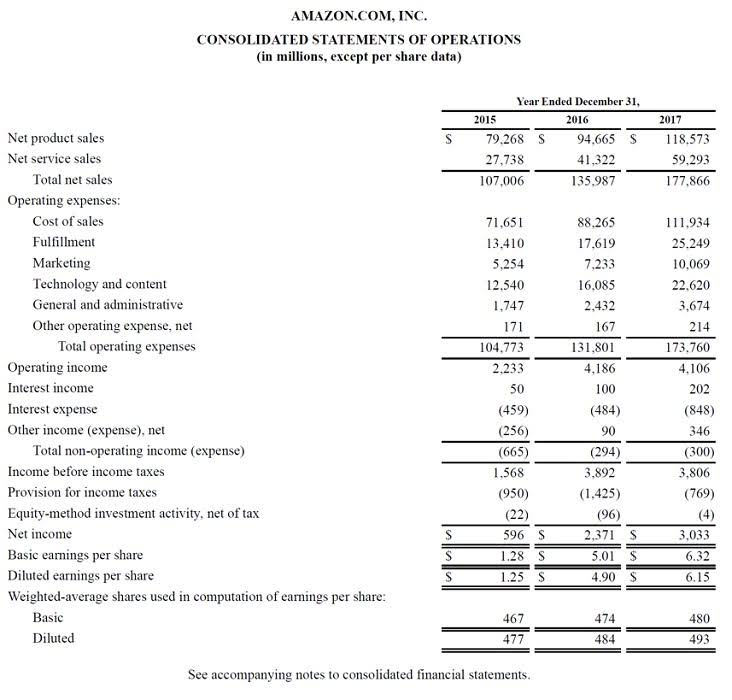
A check is a financial instrument that authorizes a bank to transfer funds from the payor’s account to the payee’s account. When the payee deposits the check at a bank, it requests the funds from the payor’s bank, which, in turn, withdraws the amount from the payor’s account and transfers it to the payee’s bank. When the bank receives the full amount requested, it deposits it into the payee’s account. If your business or organization does have stale checks that are deemed unclaimed property, first try to contact the owner/payee of the check. Let them know about the uncleared check and ask them how they prefer to resolve it.
- Maintaining detailed records is crucial for both parties to ensure compliance with tax regulations.
- Once the check has been deposited or cashed by your vendor, your bank will debit your account and mark it as a cleared check on your next statement.
- If the payee delays depositing the check, the payment won’t clear your account, leaving the funds unavailable despite appearing in your balance.
- Remember, it’s essential not only to be aware of the funds available but also to recognize which checks have cleared and which are still outstanding.
- Bounced checks result when there is not enough money in the account to cover the check amount.
Q: What happens if an outstanding check is never cashed?
- Someone else could be able to change the payee name or the amount if a check is misplaced or stolen before it is taken to the bank.
- The most common risk is being charged penalties due to outstanding amounts past their due date.
- Your first step should be to use an accounting system that deducts any uncashed checks from your available funds.
- If a check remains outstanding for an extended period, it may become stale-dated, and the bank may refuse to honor it.
- For payees, uncashed checks can cause financial difficulties, especially if the check represents wages or reimbursements.
For example, voiding a check without notifying the payee could result in claims for non-payment. This is particularly critical for payroll checks, where labor laws mandate timely payment to employees. Non-compliance can lead to penalties, lawsuits, and additional costs. Outstanding checks are significant in bank reconciliation since they can cause discrepancies between your bank balance and your own financial records. If you forget about the outstanding check and spend money based on the present bank balance, it can lead to financial miscalculations. What happens if I write a check but the payee doesn’t cash it right away?

Implement Electronic Payments
- If a check was issued to you and it’s still outstanding after six months, contact the check issuer and request a replacement.
- An outstanding check doesn’t cost anything beyond the paper it’s printed on.
- When BestBooks Store reconciles its bank statement, it must account for this outstanding check to make its books align with the bank statement.
- Businesses rely on precise cash flow projections for investments, expenses, and operational strategies.
- Furthermore, they can create inconsistencies that complicate a person’s accounting records.
Since the bank balance does not yet reflect the check amount, it can present a misleading picture of your actual financial situation. Ask the payee to sign a document promising not to deposit both checks. This won’t prevent banks from processing two deposits, but the document can provide a useful paper trail if you want to dispute one of the deposits.
Potential Liabilities for All Parties
Checks that are outstanding for a long period of time are known as stale checks. In the U.S., outstanding checks are considered to be unclaimed property and the amounts must be turned over to the company’s respective state after several years. Outstanding checks are important in the reconciliation of a company’s bank statement. When a company receives its bank statement, the balance may not match the company’s records due to checks that have not yet cleared. By accounting for outstanding checks, the company what does outstanding check mean can accurately reconcile its book balance with the bank statement balance. To avoid outstanding checks, it is important to properly manage your account and reconcile it regularly.
Q: Could outstanding checks affect my credit score?

Also, always maintain in communication with payees about payments not fully processed. It’s important to be aware of outstanding checks and to resolve them quickly. By keeping track of every check you write and regularly cross-checking your records with your bank statement, you can avoid unnecessary delays, fees, and other budget pitfalls.
- You shouldsend that packet to the legal department of the entity that issuedthe check.
- This concept is crucial for accurate financial record-keeping, particularly for reconciling bank statements and preparing taxes.
- Once such checks are finally deposited, they can cause accounting problems.
- This white paper describes how Micros Outstanding Checks affect the Net Sales shown in the reports we generate and the Journal Entries we deliver to your accounting system.
Outstanding checks refer to checks that have been issued to a recipient but have not yet been cashed by the Accounting For Architects recipient or the recipient’s bank. In other words, the person or company that issued the check is still waiting for the value of the check to be withdrawn from their account. Before diving in any further, if this is your first time visiting GlobalBanks, don’t forget to download your FREE US Banking Starter Guide. It’s designed to help non-residents with opening bank accounts at top financial institutions in the US.
When Are Outstanding Checks Deposited Into a Bank Account?
Checks that linger only buy the company more time to gather up enough resources for payment to clear if more time is needed. Last, outstanding checks might have an impact on management of the cash flow. In the bank reconciliation, the unpresented or outstanding check is deducted from the balance per the bank in order to arrive at the adjusted or corrected balance per bank. If an outstanding check of the previous month clears the bank, it means the bank paid the check and the check will appear as a deduction on the statement. Outstanding checks are checks written by a company, but the checks have not cleared the bank account.

One can track their outstanding checks and ensure payment as soon as possible. This way, they can keep their accounting records up-to-date and minimize complications recording transactions related to these checks. Also, one can communicate with the recipient of the check to see if they have any issues with the check, say if the amount is incorrect. This approach helps to keep issues with the check in check and work toward rectifying them before they become challenges. An outstanding check written to purchase the replacement property could significantly delay the transaction, potentially jeopardizing the tax-deferred status of the exchange.


Outstanding checks also provide the opportunity for payment delays, which can be advantageous when it comes to managing cash flow. Even if the checkwriter has sufficient funds, any delay from the depositor simply means higher interest revenue on the capital balance waiting to be drawn down. On July 31, 2023, BestBooks Store receives its bank statement, which shows a balance that is $500 higher than its own records, since the $500 check has not yet cleared. When BestBooks Store reconciles its bank statement, it must account for this outstanding check to make its books align with the bank statement. After recording the journal entries for the company’s book adjustments, a bank reconciliation statement should be produced to reflect all the changes to cash balances for each month.
